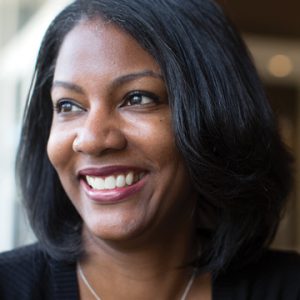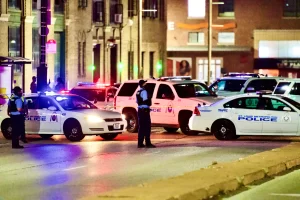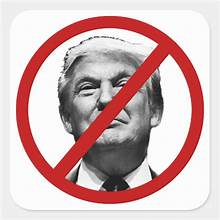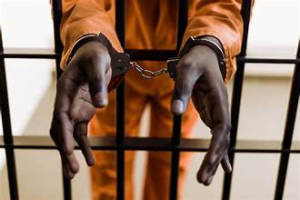Published in St. Louis American March 14, 2017

Last week’s mayoral result was like getting a whoopin’ as a kid because of something you weren’t supposed to do. Those whacks across the butt were painful but you could’ve totally avoided them had you chose to do the right thing. You didn’t, and now you’re licking your wounds. The narrow margin of 888 votes between Lyda Krewson and Tishaura O. Jones only makes the results that much more agonizing for the African-American community.
In my February 16 column “Mayoral race exposes lack of leadership,” a few mistakenly thought I was implying that we should only have one African-American candidate in the race. It’s not about the numbers, it’s about our strategy for building political power. If we had 20 black people in the race, it would only prove that at least 20 people were interested in holding that office. That is not a strategy to win.
The post-election analysis is summing up the reasons why a majority non-white city gets a white mayor. Some of those reasons were male egos, when candidates got in the race and why (paid to siphon off votes?), black voter turnout, etc. There’s probably a bit of truth in all of these reasons, but there’s a more accurate explanation that has been the elephant in the room for nearly 40 years.
People have disengaged and continue to disengage from the current political system. Studies show that the wane in voter participation has been happening since the 1980s. Folks in this country seem to be more interested in voting for their favorite singer than a politician. American Idol voters casted a record 132 million votes in 2012, surpassing the number of popular votes in the presidential election.
If you look at the average voter turnout in the last three mayoral primaries, it hovers a little over 20 percent. Does that look like most people – black or white – give a hoot about who’s in Room 200?
The fact is that elections have not significantly improved the circumstances for many black folks. We’ve been hoodwinked to think that black faces in high places would change our lot. We’ve squandered resources, hope and futures thinking superficial things like race and gender are the key links to political and economic power.
The first question is not who to vote for, but what do we want? Once that’s firmly established, who will fight with us to get it is the next phase? That’s taking elections out of the realm of personality to tangible outcomes.
The reason voter turnout is low and getting lower is because politicians or the political parties don’t really give a damn about voter turnout – at least not increasing voter turnout connected to building power. They are only concerned with the minimal number of votes needed to stay in office. A St. Louis alder can capture or maintain a ward with as low as 400 votes. Sad.
This can backfire on politicians when they need voters the most but haven’t done the work. Alderman Jeffrey Boyd didn’t even win his own ward in the mayoral race. He came in 4th in the field of black mayoral candidates; only Bill Haas and Jimmie Mathews garnered fewer votes.
An elected official doesn’t educate and engage the constituents because he or she thinks that at some point that informed and organized base will turn on him or her. The base needs to turn on you or turn you out if you aren’t meeting their needs!
Voter turnout, especially black voter turnout, is likely to get worse before it gets better given the corruption and insensitivity by status-quo politicians. People, not just the voting ones, need to be presented with organizing models that put them at the center – not put a politician in front. People are made to feel powerless because they’ve been told that only those who hold office have power. The organizing models that are emerging across the nation, such as People’s Assemblies, are organically built around community members working on issues that affect them and their families. Their strategies may include legislative tactics, but they are not relying solely on an elected official to deliver the goods and services.
From an organizer’s view, it’s the 72 percent who didn’t come out on March 7 that we need to focus on. Maybe, just maybe, those folks are ready for a new kind of electoral strategy that builds real power and develops many leaders. Right now, these folks represent the majority and shouldn’t be dismissed. For politicians who’ve propped themselves up on bankrupt promises and undeserving authority, this is a scary proposition. Boo!



